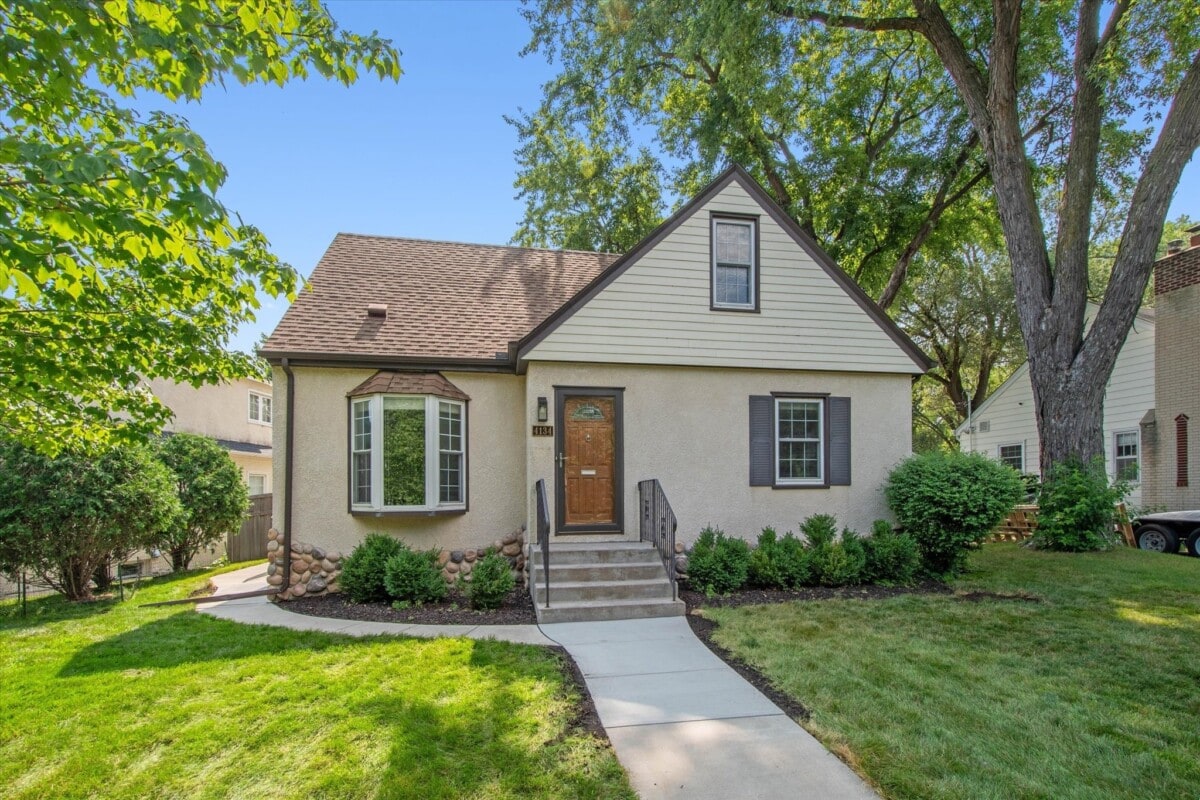What Are Seller Concessions? | Redfin

Seller concessions refer to closing costs or other fees that the seller agrees to pay on the buyer’s behalf. These concessions are negotiated during the offer process and help make the purchase more affordable for the buyer, without reducing the home’s sale price.
Whether you’re a first-time homebuyer buying a home in Charlotte, NC, or a seasoned buyer buying a house in Atlanta, this Redfin guide breaks down seller concessions to help you navigate negotiations more confidently.

What are seller concessions in real estate?
Seller concessions are financial contributions made by the seller to reduce the buyer’s out-of-pocket expenses at closing. These costs can include lender fees, taxes, insurance, or even home warranties.
For example, a buyer might ask the seller to pay $5,000 toward their closing costs. If agreed, this would be included in the contract and deducted from the seller’s proceeds at closing.
What can seller concessions cover?
Concessions typically include:
- Title insurance
- Appraisal or inspection fees
- Loan origination charges
- Recording or attorney fees
- Prepaid property taxes or insurance
- Mortgage points (to lower the buyer’s interest rate)
- HOA transfer or document fees
- A home warranty plan
Lenders limit how much sellers can contribute, depending on the type of mortgage involved.
Why do sellers offer concessions?
Sellers might agree to concessions to:
- Help a buyer afford the home
- Attract more offers in a slow market
- Offset issues found during the home inspection
- Speed up the closing timeline
In a buyer’s market or when a home has been sitting for a while, concessions can make the difference between closing a deal and continuing to wait.

Seller concession limits by loan type
| Loan Type | Max Seller Contribution |
| Conventional ( | 3% of the purchase price |
| Conventional (10–25% down) | 6% |
| Conventional (25%+ down) | 9% |
| FHA Loan | 6% |
| VA Loan | 4% |
| USDA Loan | No formal limit (but should be reasonable) |
These limits are set by the loan program, not the seller, so both buyers and sellers should work with a lender to ensure compliance.
Pros and cons of seller concessions
For Buyers
Pros:
- Lower upfront costs
- More flexibility with savings
- Easier to qualify (in some cases)
For Sellers
Pros:
- Can attract more buyers
- Helps keep the sale price intact
- Useful in competitive or slow markets
Potential Downsides
- May lead to appraisal issues if the total sale price is inflated
- Could reduce the seller’s net profit
- Less effective in a strong seller’s market
Tips for negotiating seller concessions
- Understand how much you’ll need for closing costs before submitting an offer.
- In competitive markets, offer a slightly higher price to offset the seller’s concession.
- Be prepared to justify the request with your financing needs or inspection findings.
- Work with an experienced Redfin real estate agent to guide your strategy.
A final note
The meaning of seller concessions extends beyond just financial help; they serve as a negotiation tool that benefits both parties when used strategically. Buyers can reduce upfront costs, and sellers can sell a home quicker without having to slash the price. Understanding how and when to use seller concessions gives you a stronger position in any real estate deal.

FAQs about seller concessions
What is the meaning of seller concessions in real estate?
Seller concessions are costs the seller agrees to pay on behalf of the buyer, typically to cover some or all of the buyer’s closing costs.
Are they negotiable?
Yes, they are typically negotiated as part of the initial offer and finalized in the purchase agreement.
Do they affect the loan or appraisal?
They can. If the concessions push the sale price above market value, the home may not appraise at the agreed price.
Can they cover the down payment?
No. Concessions can only be used for allowable closing costs and fees, not for the buyer’s down payment.
Are they common?
They are especially common with FHA, VA, and USDA loans or when the market favors buyers.
Source link







